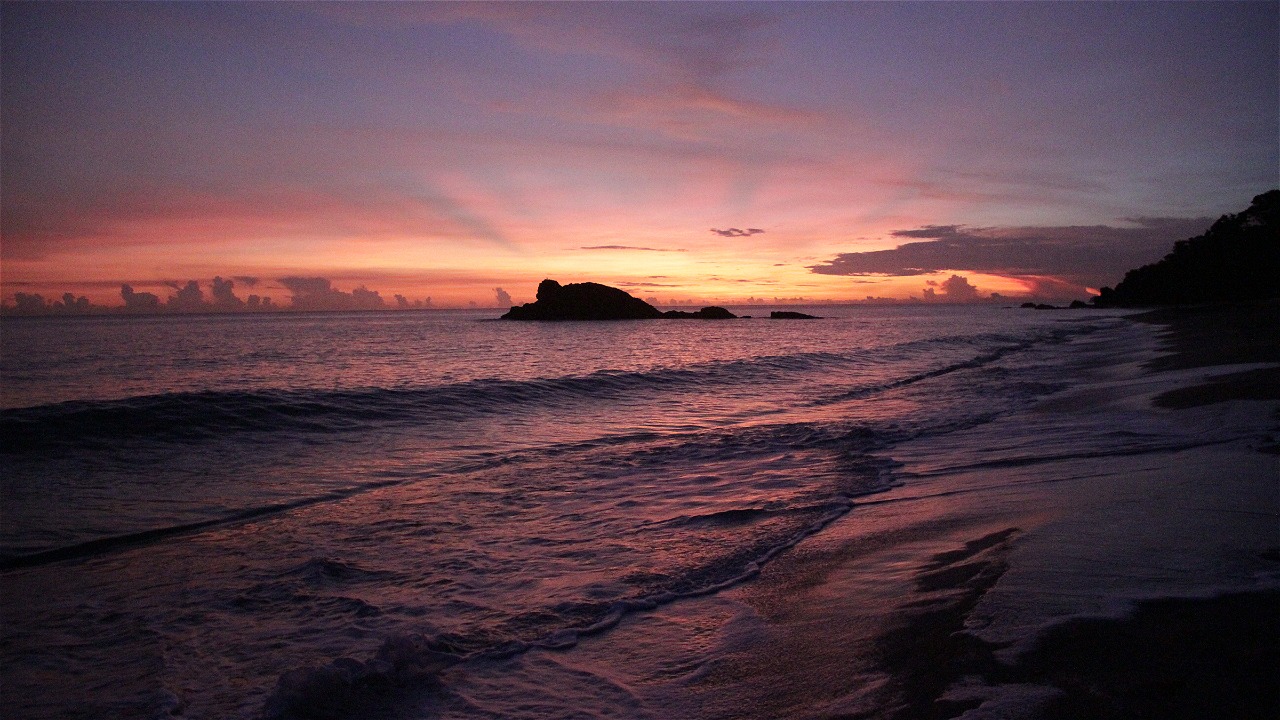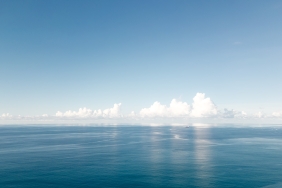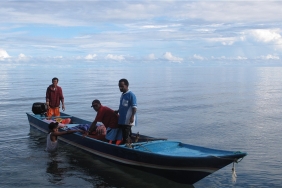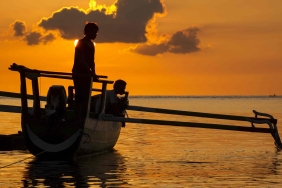PRESERVING THE BEAUTY OF KOON ISLAND BY IMPLEMENTING SUSTAINABLE TOURISM
By: Siti Yasmina Enita-Communication Officer SEA Project
The results of a study conducted by WWF-Indonesia showed an increase in the number of tourists coming to Koon Island from 2016 to the present. Especially visits by tour boats or liveaboards, where the main purpose of tourists is to dive in the waters around Koon Island. "Koon waters have a very interesting underwater world for diving tourism, besides that there are several beaches with very beautiful white sand including Koon island beaches, for that we need to protect and manage properly" said Ansar Wattimena, Raja Muda Kataloka.
The King of Petuanan Kataloka, which is the customary petuanan of the territories of Gorom Island, Garogos Island, and also Koon Island, protects the aquatic resources of Koon Island based on local wisdom by making a ban on fishing or taking until a specified time, known as Ngam or Sasi.
To provide incentives to the Kataloka community after the implementation of Ngam, since 2016 the Wanu Ataloa Customary Institution (LEAWANA) representing the Kataloka petuanan in collaboration with PT SEI and the Indonesian Recreational Ship Network (JANGKAR) has implemented a Payment Ecosystem Services (PES) system. This mechanism requires payment for every tourist who enters the waters of Koon Island by Tourist Ship/Liveaboard. The proceeds from the mechanism are then utilized for the protection of the area and other needs of the Kataloka community.
Along with the increasing number of tourists on Koon Island, WWF-Indonesia as the implementing partner of the USAID Sustainable Ecosystems Advanced (USAID SEA) Project helps encourage the community and government to improve tourism management on Koon Island and its surroundings. "Due to limited access, most tourists come by liveaboard, which is certainly not a tourist boat from Koon Island but from other places such as West Papua, East Nusa Tenggara, etc. This certainly makes the local community not feel the benefits of tourism. This certainly makes the local community not feel the benefits of these tourism activities, even though all activities that tourists do in Koon waters will have an impact on the local community," said Veronica Louhenapessy (Marine Tourism Officer, WWF-ID) during the Marine Tourism Development Workshop at the Maluku Province Tourism Office (26/9).
The Marine Tourism Development Workshop was also attended by Renold Papilaya, Lecturer of the Faculty of Fisheries and Marine Science - Pattimura University, one of the tourism development team in Raja Ampat and Ranny from WWF-ID who participated in assisting Komodo National Park in the management of marine tourism.
"By bringing in experienced experts, it is hoped that we and the team from the Maluku Province Tourism Office can learn a lot in the process of developing tourism on Koon Island. This activity is also expected to provide recommendations on the management of marine tourism management of Koon Island involving the community or Community Based Tourism (CBT), so that the community can receive direct benefits from the management of the Koon Island conservation area, "explained Umi Kalsum Madaul, Marine Tourism Officer SEA Project Indonesia.





